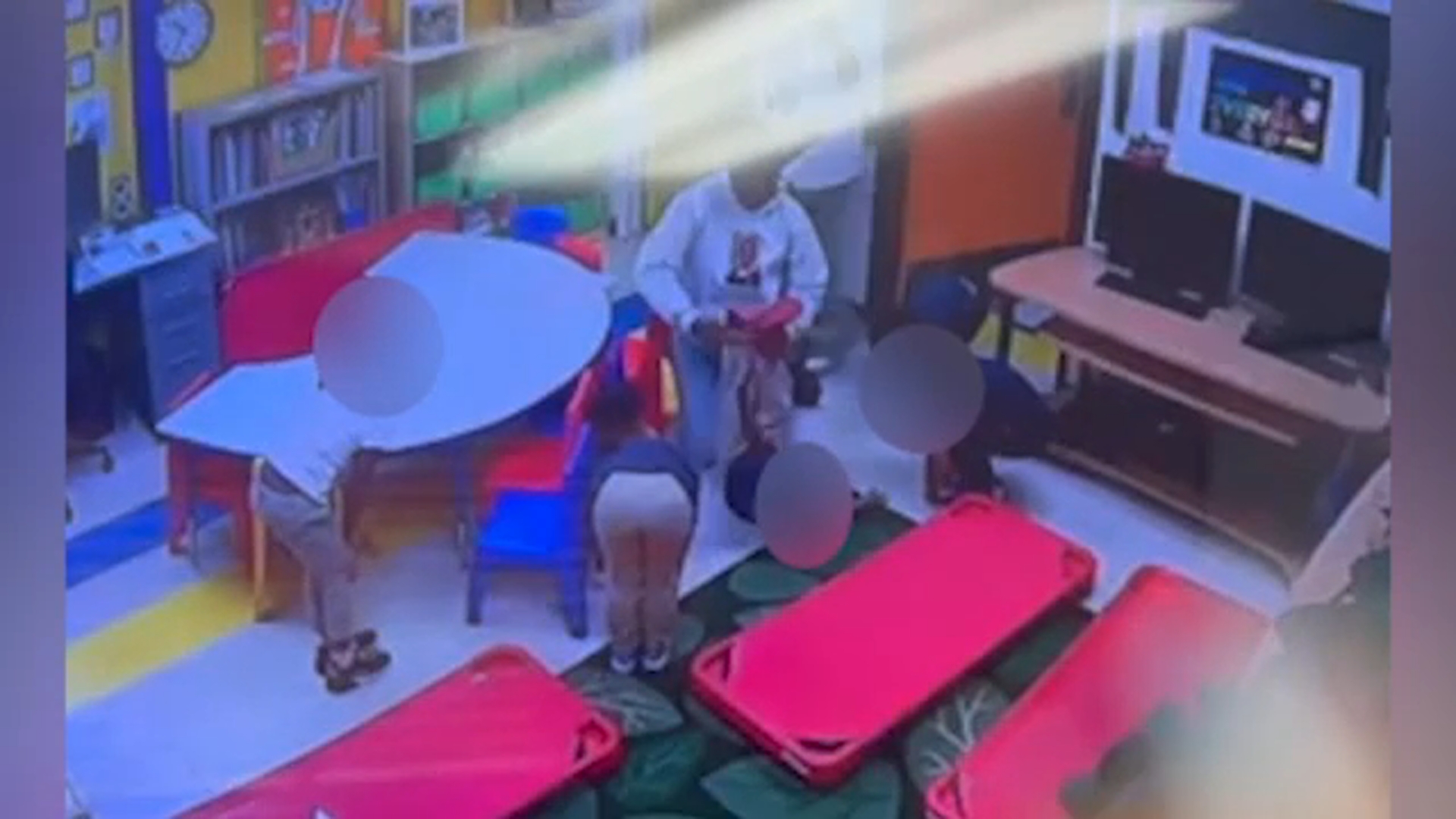2 cases of enterovirus confirmed in Los Angeles County

LOS ANGELES (KABC) -- Shortly after the first case of enterovirus 68 was confirmed in Long Beach, another case was announced in Los Angeles on Wednesday.
Enterovirus 68, also known as EV-D68, causes respiratory illness and spreads through coughs, sneezes or contaminated surfaces. Symptoms include fever, runny nose, sneezing, cough and body aches. Those with asthma may find it hard to breathe.
In the first case, a child was treated at Miller Children's Hospital in Long Beach for the respiratory illness. The age and gender of the child was not released, but hospital officials confirmed that the child is a Long Beach resident. Authorities say the child has since returned home and is doing much better.
In the second case, a child was treated at Children's Hospital Los Angeles. At a Wednesday morning news conference, Dr. Grace M. Aldrovandi of CHLA said the child was admitted to the hospital in early August with an upper respiratory tract infection. Aldrovandi said the child displayed cold symptoms for about a week, and then woke up one day unable to move a limb. While the gender and identity was not released, Aldrovandi said the child is between 5 and 10 years old.
Officials said the child has since been released from the hospital, is no longer sick and poses no risk to other children. Authorities added that the child is now beginning to regain limited use of the paralyzed limb.
HealthMap: Interactive Disease Monitoring
Hospital officials said enteroviruses are common among children, particularly during summer and fall. However, Aldrovandi said scientists are still hazy on the exact correlation between enterovirus 68 and harm to the nervous system.
"We don't understand why sometimes in some children, enteroviruses attack the nervous system. We're not 100 percent sure that this entero-68 is causing this, but there does seem to be a strong association," Aldrovandi said. "We're working very closely with the health department, CDC and other scientists trying to understand why it is that this virus seems to be associated with such severe disease in these children at this time."
The illness has been spreading rapidly among children. Just three weeks ago, 11 states reported cases of the disease. That number increased to 27 states after one week. Now, 46 states report confirmed or suspected cases.
So far, there have been several cases of enterovirus in Southern California with confirmed cases in San Diego and Ventura counties.
Though the symptoms seem similar to the common cold, the illness can be more serious. According to the U.S. Centers for Disease Control and Prevention, enterovirus can cause wheezing and in some cases, neurological symptoms, including lesions on the brain and temporary paralysis.
"The virus actually infects the central nervous system, the spinal cord, causes injury to some of the cells, and that's what causes the paralysis," said Dr. William Haffner with Vanderbilt University.
Experts say the best way to prevent catching the virus is no different than what you would generally do to prevent spreading a cold. Cover your coughs, don't share drinks with someone who is sick and wash your hands with soap and water.
Currently, there is no anti-viral medication or vaccine. With school in full swing, some doctors say we can expect to see more cases of enterovirus.








